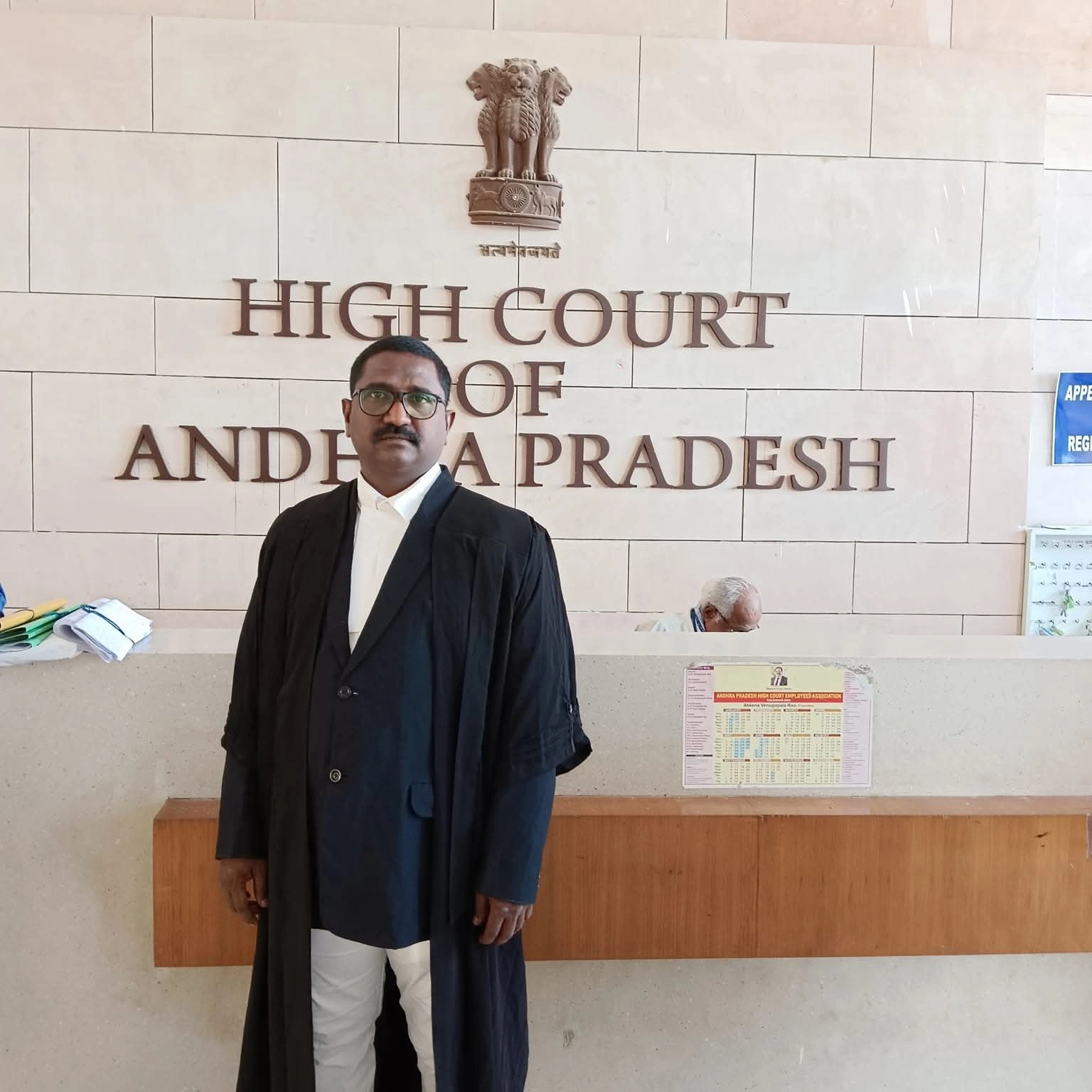Answer By law4u team
Domestic violence is not limited to physical harm; it also includes emotional and psychological abuse that damages a survivor’s mental well-being and social standing. Public defamation—where an abuser humiliates or maligns the survivor in front of others—is recognized as a serious form of emotional abuse under the Protection of Women from Domestic Violence Act (PWDVA), 2005 and can be legally challenged.
Public Defamation as Domestic Violence
Definition under PWDVA
PWDVA defines domestic violence to include emotional abuse such as insults, humiliation, intimidation, and damage to reputation. Public defamation clearly falls within this scope.
Examples of Public Defamation
- Spreading false rumors or derogatory statements about the survivor in the community or on social media.
- Publicly shaming or ridiculing the survivor to isolate them socially.
- Accusing the survivor of immoral behavior without basis to harm their reputation.
Legal Remedies Available
- Survivors can file a complaint under PWDVA seeking protection orders to prevent further defamation or harassment.
- Civil courts can grant injunctions against defamatory statements.
- Under the Indian Penal Code, sections like 499 (defamation) and 506 (criminal intimidation) may apply.
- Courts can also direct the abuser to apologize or retract defamatory remarks.
Impact of Public Defamation
- Leads to mental trauma, depression, and social isolation of the survivor.
- May affect employment, relationships, and community standing.
- Can escalate to other forms of domestic abuse if unchecked.
Consumer/Victim Safety Tips
- Document all instances of defamation with dates, witnesses, or screenshots.
- Seek immediate legal advice or approach Protection Officers for intervention.
- Use protection orders to legally bar the abuser from making defamatory statements.
- Engage with support groups for counseling and emotional support.
- Avoid retaliating publicly, which can worsen the situation.
Example
A woman’s husband frequently spreads false rumors about her fidelity in their village, causing her social ostracism and emotional distress.
Steps Taken:
- She files a complaint under PWDVA highlighting emotional abuse through public defamation.
- The court issues a protection order restraining the husband from making defamatory statements.
- The husband is directed to publicly apologize as part of the settlement.
- The woman receives counseling and support from a local NGO, helping her regain confidence and social acceptance.







